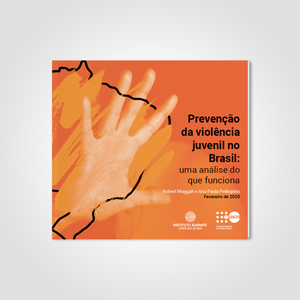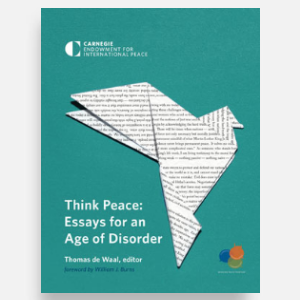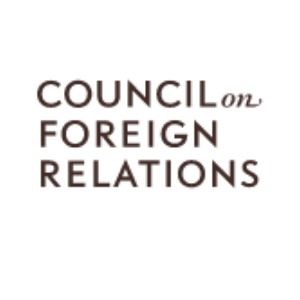
Prevenção da Violência Juvenil do Brasil
Na última década, as taxas de assassinatos de jovens no Brasil cresceram 17%. Quase metade dos índices gerais de homicídio do país em 2018, que foi de 56 mil, corresponde à morte de homens negros, com idade entre 15 e 29 anos.






















